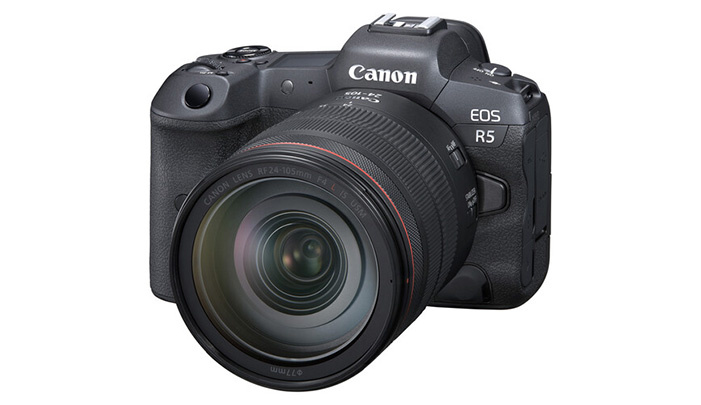With many photographers making the switch from DSLR to mirrorless systems, there are a lot of us wondering if all those old lenses we’ve acquired over the years will still work as well on new cameras, or whether we’ll have to swallow the expense of all new lenses too.
There’s been a lot of discussions recently on when to upgrade, whether to upgrade, or whether mirrorless technology is mature enough for working professionals yet. There’s no denying that photographic technology has improved a great deal in the past few years. While not without teething problems, mirrorless systems from all major camera brands are becoming a tempting replacement for our DSLR cameras. Sadly, with new cameras come new lens systems. It isn’t as simple as trading in your old camera for a new one and continuing to use all your existing lenses, or is it?

I was always advised to spend money on decent glass; it’s a good investment, I was told. With a decent collection of L Series lenses in my kit bag, it’s safe to say I’m quite heavily invested in the Canon system. Some of these lenses have been with me through three camera body upgrades. Now, I’m seriously considering switching to the Canon R5 as my main camera, and I’m concerned about how well the EF lenses will work with an adapter or whether I’ll need to trade them in to replace them with RF lenses. This issue has led me to research a lot of articles and videos on the subject.
This video from Park Cameras looks specifically at the Canon R5 with the Canon EF 100-400mm L series lens. Any Canon shooters looking at moving from DSLR to mirrorless will be pleased to hear that claim that EF lenses work flawlessly with the new cameras when using a Canon lens adapter. Canon appears to have taken existing Canon users into consideration, as they have released three different EF adapters for the new RF system, one plain adapter, one with the addition of the multifunction control ring, and even one with a built-in variable ND filter, which will certainly please videographers.
What’s the Catch?
From the research and real-world tests I’ve looked at, there’s no serious catch to speak of, but there are significant advantages to using native RF lenses. Ben Harvey recently discussed his views on using the Canon R5 with adapted EF lenses; interestingly, he pointed out that the autofocus speed and accuracy using EF lenses were better than the performance of the same lenses on his Canon 5D Mark IV, although still not as fast as using native RF lenses. Still, any improvement is an improvement, in my opinion. Then, there are the negatives, the most obvious of which would be the additional size and weight from using an adapter on the front of the camera. The RF lenses also tend to be smaller than their EF counterparts, so there’s further size and weight savings to be made by using RF lenses. Finally, an issue that I hadn’t been aware of before researching this article is Canon’s claim that burst shooting on the Canon R5, when using adapted EF lenses, is as slow as 6 fps, whereas it’s claimed to be 12 fps using RF lenses. Real-world reviews seem to be getting 7-9 fps in burst mode when using EF lenses with the mechanical shutter. This might not be a deal-breaker for many people, but it’s certainly worth considering. Also worth considering are the higher price of RF lenses when compared to their EF counterparts.
The good news is that if you’re planning to keep a DSLR as a backup camera or you simply can’t justify upgrading all of your lenses straight away, the new Canon mirrorless cameras will work incredibly well with your existing EF lenses. If you can put up with the size, weight, and slower burst, you’ll save yourself a few thousand dollars by using your existing lenses. You’ll probably still desire a full set of new RF lenses, though.
Are you considering switching from a DSLR to mirrorless? Would you use your old lenses or upgrade all your kit?
Have you recently switched to mirrorless, and have you had a good experience with adapted lenses? Let me know in the comments.